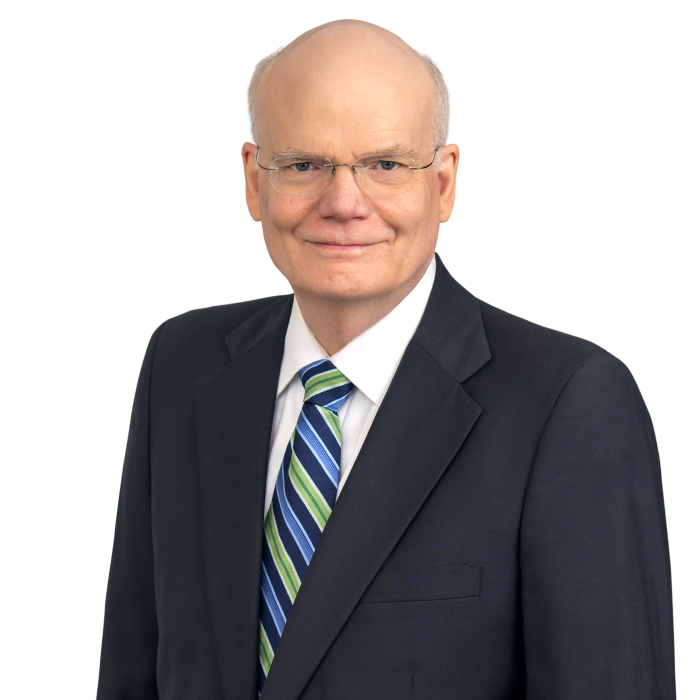
Supreme Court Rules District Courts Not Bound by FCC Statutory Interpretations under the Hobbs Act
On Friday, June 20th, the Supreme Court in McLaughlin Chiropractic Assoc., Inc. v. McKesson Corp., No. 23-1226 (U.S. June 2025), ruled in a 6-3 decision that the Hobbs Act does not bind federal district courts in civil enforcement proceedings to an agency’s interpretation of a statute. The Hobbs Act, 28 U.S.C. §§ 2342, 2344, 2349, provides that the federal courts of appeal have exclusive jurisdiction to review decisions of select federal departments and agencies, including the Federal Communications Commission (FCC). Justice Kavanaugh delivered the opinion of the Court, in which Chief Justice Roberts and Justices Thomas, Alito, Gorsuch and Barrett joined. Justice Kagan filed a dissenting opinion, in which Justices Sotomayor and Jackson joined.
The ruling is seen as a potential aid to local governments, other state and local authorities and consumer groups, who tend not to fare well before industry-influenced federal agencies, nor are typically in a position to challenge agency rules and orders within the 60-day deadline. This decision is likely to apply when local governments and telecommunications or wireless service providers litigate FCC rules or policies preempting local government zoning, police powers or other rules in federal district court.
The case was before the Court on appeal from the Ninth Circuit which had held, consistent with its precedent, that an FCC final order was reviewable exclusively in the U.S. courts of appeals, as provided in the Hobbs Act. In reversing the Ninth Circuit, the Court expressed concern that agency rules might go unchallenged or that erroneous agency decisions would be insulated from subsequent judicial review. The case is remanded back to the Court of Appeals for consideration consistent with the Court’s ruling.
The Court explained that statutes fall into three categories concerning pre-enforcement review of agency rules and orders: (1) those that preclude judicial review (see, e.g., Clean Water Act, Comprehensive Environmental Response, Compensation, and Liability Act and Clean Air Act); (2) those that expressly authorize judicial review in subsequent enforcement proceedings (see, e.g., Toxic Substances Control Act); and (3) those statutes that provide for pre-enforcement review but are silent on the question of whether a party may consent the agency’s legal interpretation in subsequent proceedings (see, e.g., the Hobbs Act and the Telephone Consumer Protection Act, which was at issue before the court).
The Court reasoned that this third category, “neither expressly preclude[s] nor expressly authorize[s] judicial review in subsequent enforcement proceedings,” and therefore was in need of a default rule. The majority established the rule by stating: “In an enforcement proceeding, a district court must independently determine for itself whether the agency’s interpretation of a statute is correct.” McLaughlin Chiropractic Assoc., Inc., No. 23-126, slip op. at 7.
In addition to FCC decisions, the Court pointed out that review of some rules, regulations and final orders of the following federal departments and agencies are governed by the Hobbs Act, and thus their interpretations of federal statutes may be subject to pre-enforcement review by a federal district court:
- Department of Agriculture
- Department of Transportation
- Federal Maritime Commission
- Nuclear Regulatory Commission
- Surface Transportation Board
- Department of Housing and Urban Development
BBK will monitor developments in this area and provide updates. Contact Gerard Lederer, Tillman Lay or Cheryl Leanza for more information or questions on the Supreme Court’s McLaughlin Chiropractic Assoc., Inc. decision and its implications for agency deference under the Hobbs Act.
Disclaimer: BBK Legal Alerts are not intended as legal advice. Additional facts, facts specific to your situation, or future developments may affect subjects contained herein. Seek the advice of an attorney before acting or relying upon any information herein.




